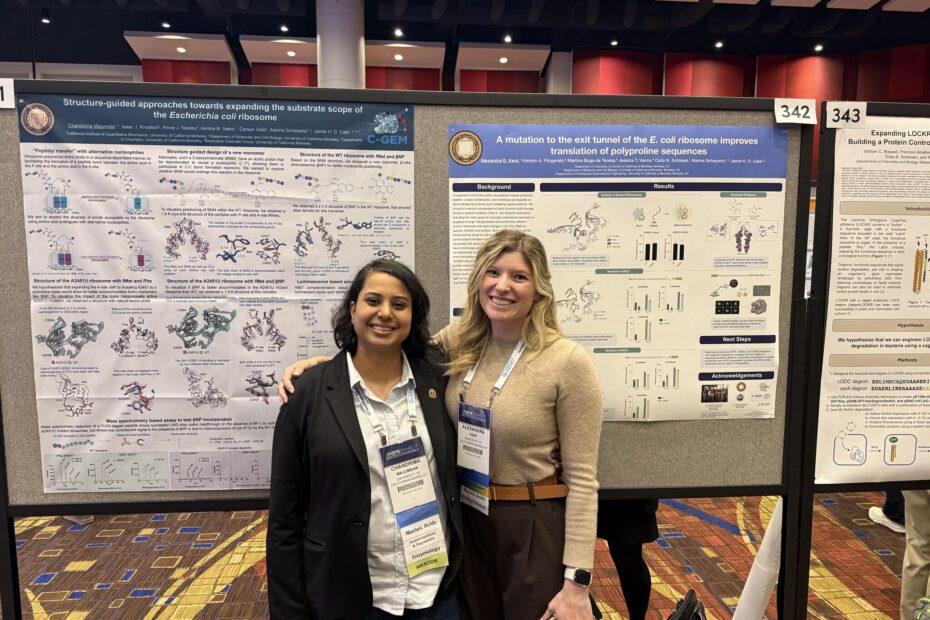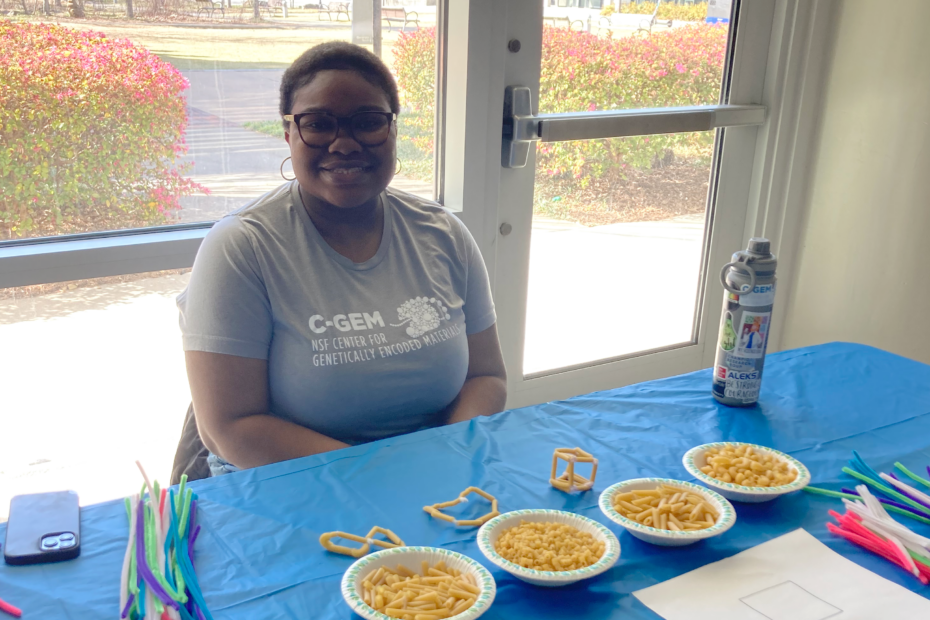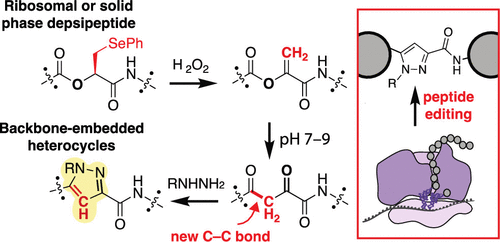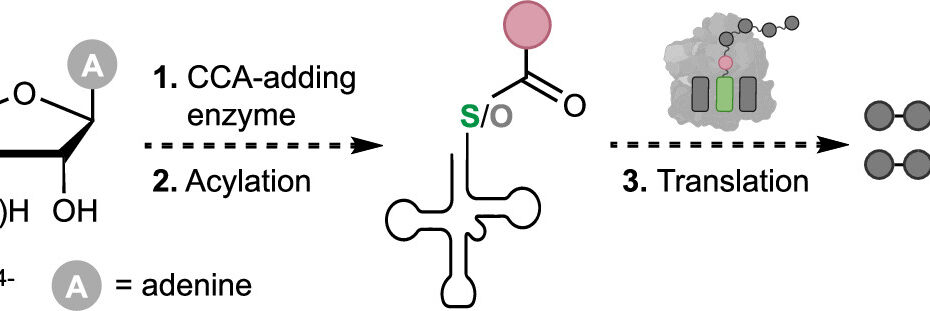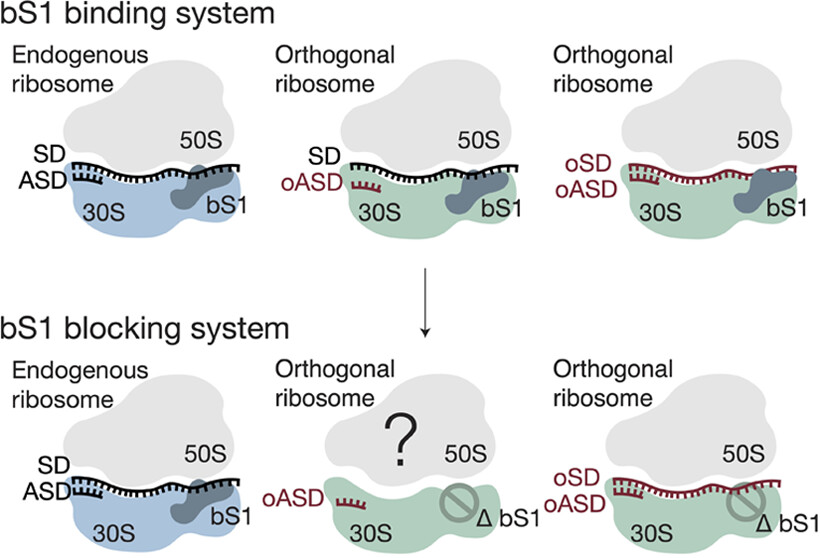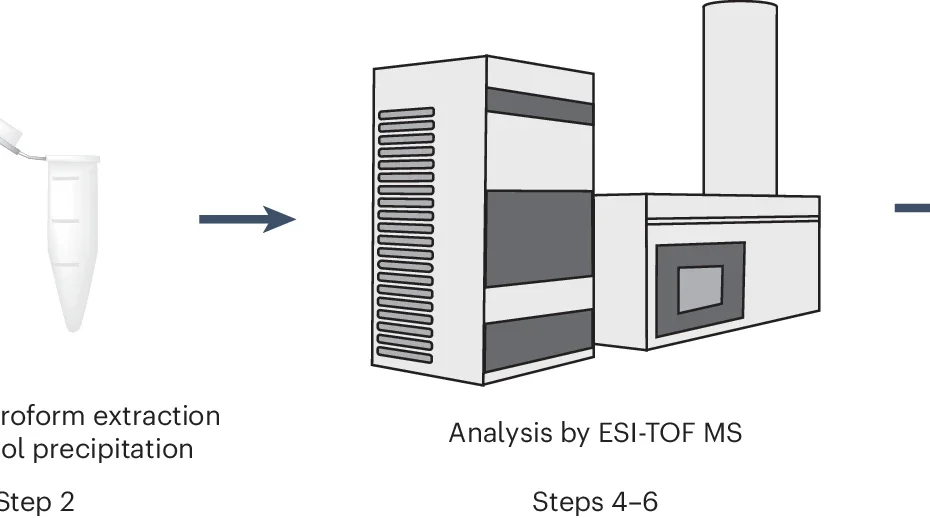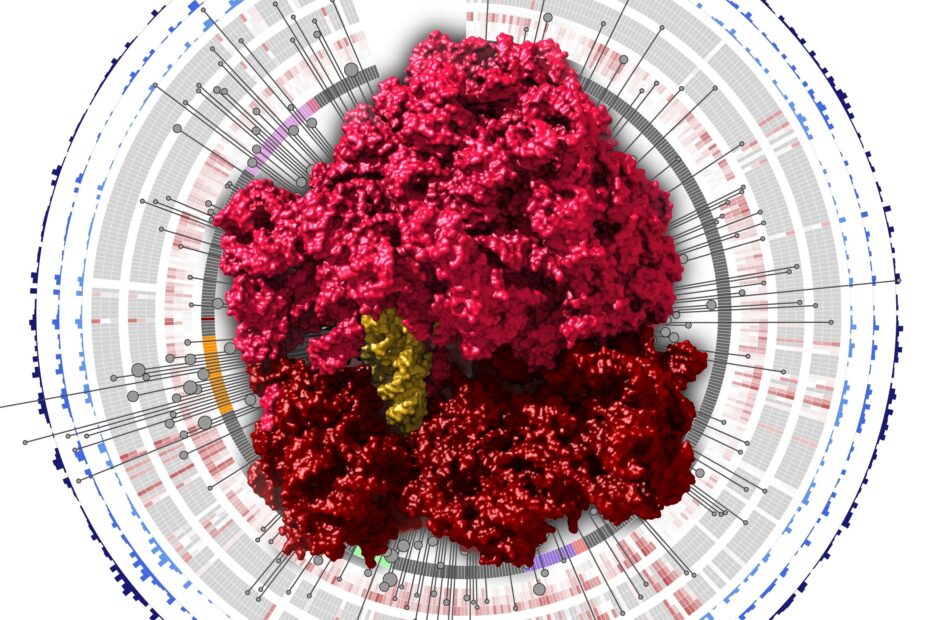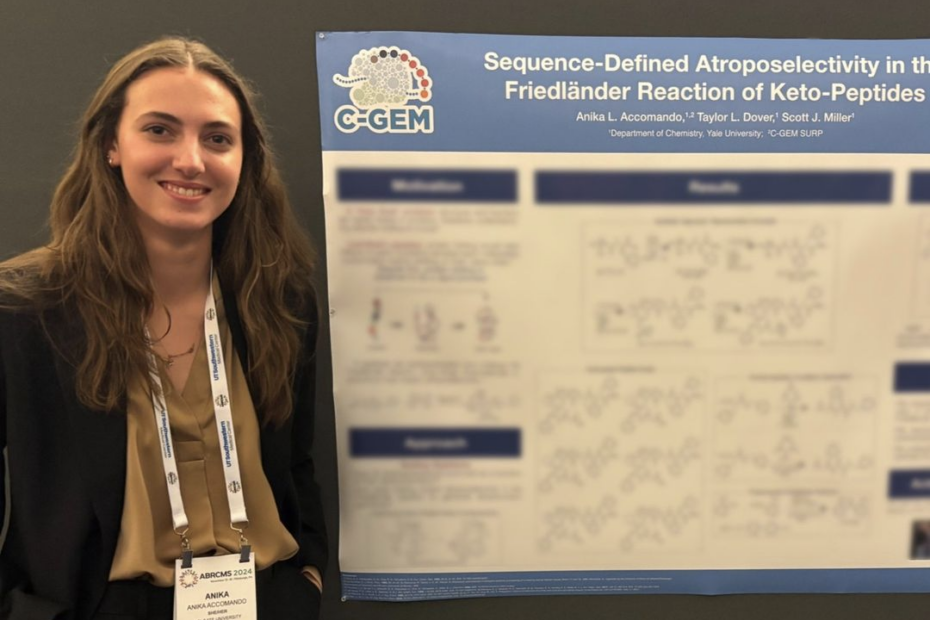Two C-GEM postdocs and Executive Director Smaga Present at ASBMB
This week, Dr. Alexandra Kent (postdoctoral scholar, Cate lab), Dr. Chandrima Majumdar (postdoctoral scholar, Cate lab), and C-GEM Executive Director Dr. Sarah Smaga all attended the 2025 ASBMB Annual Meeting in Chicago. Alexandra and Chandrima both presented posters and were selected to speak in the… Read More »Two C-GEM postdocs and Executive Director Smaga Present at ASBMB
